High levels of a certain biomarker gives people a survival advantage, study finds.



High levels of a certain biomarker gives people a survival advantage, study finds.
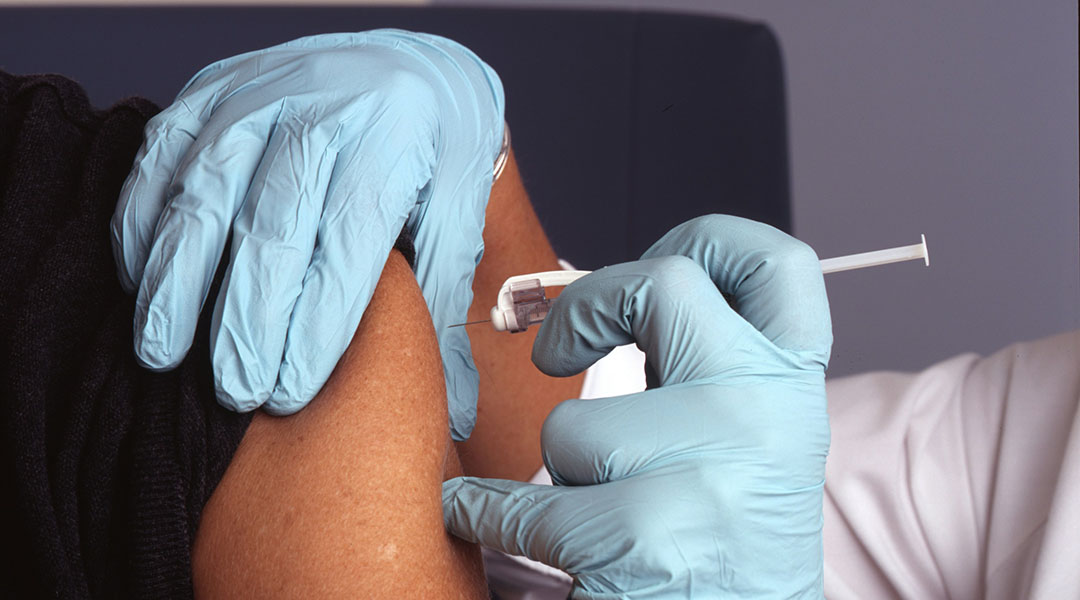
The quasi-vaccine could help healthcare workers weather a virus outbreak in the future.

A new hydrogel extracts water from the air, offering a sustainable alternative to bottled water and addressing global water shortages.
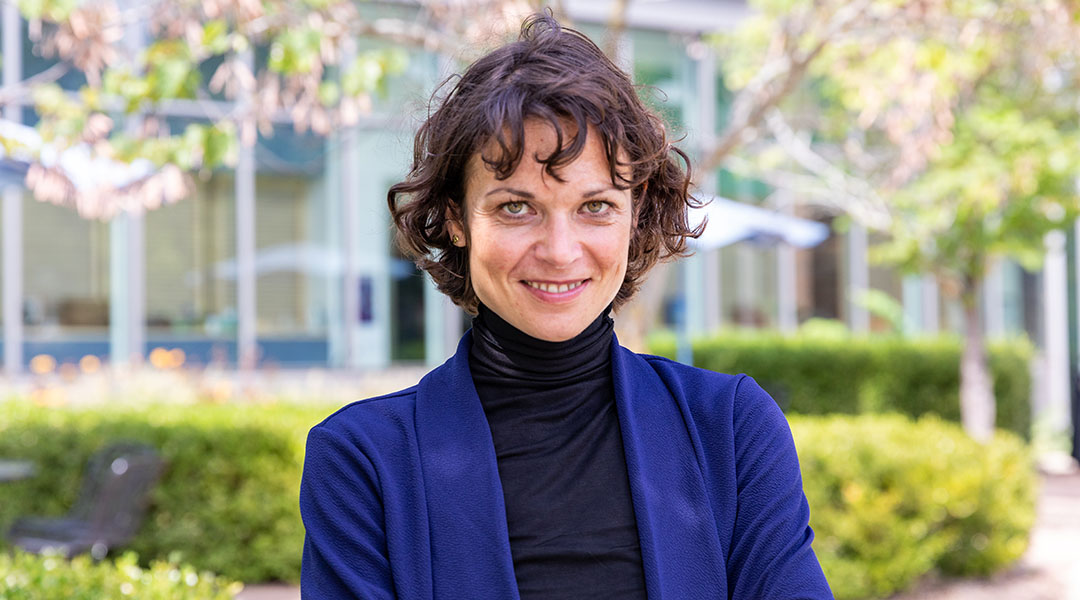
Recreating the material that surrounds cells, Loebel aims to better understand cell memory and its role in disease development.
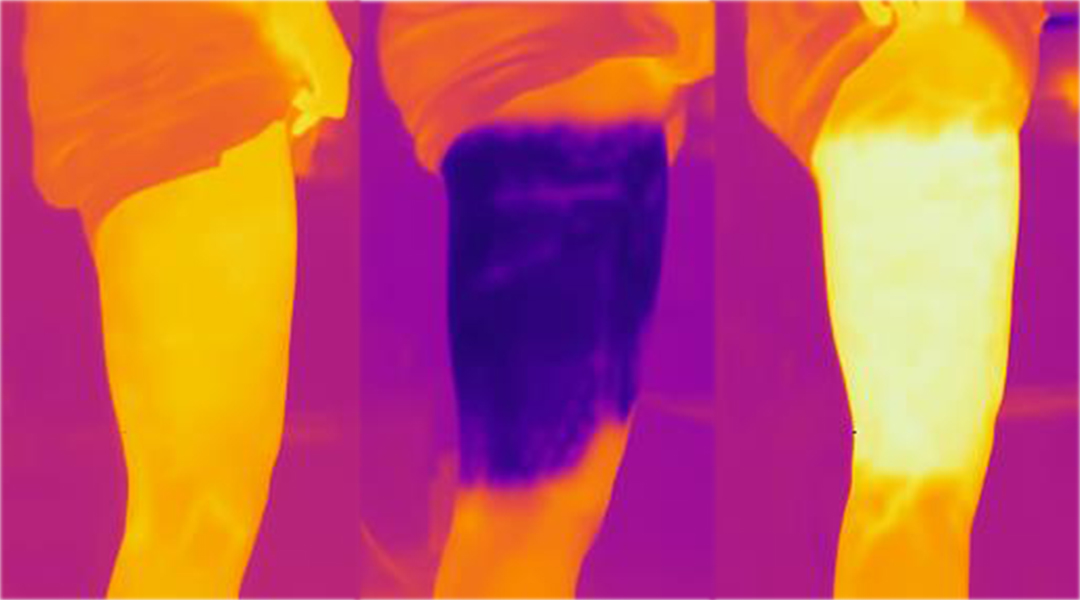
The fluidic wearable device is less wasteful when it comes to water, but equally effective alternative to water immersion therapy.
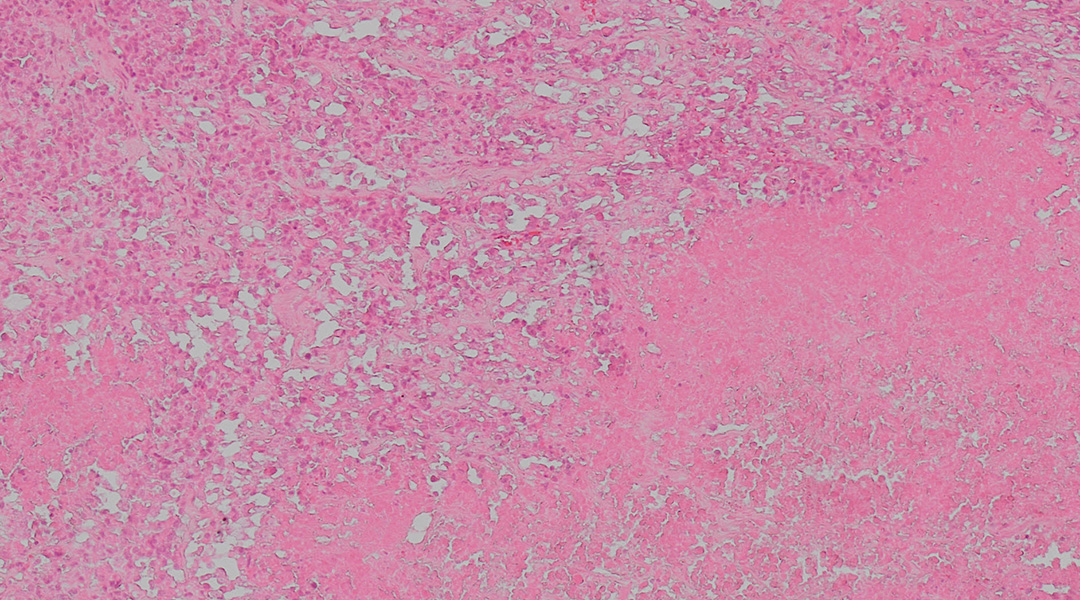
Researchers developed a laser-activated drug that targets and destroys chemotherapy-resistant pancreatic cancer cells in mice.

The innovative windows generate energy while shading building interiors from the sun, improving indoor comfort and energy efficiency.
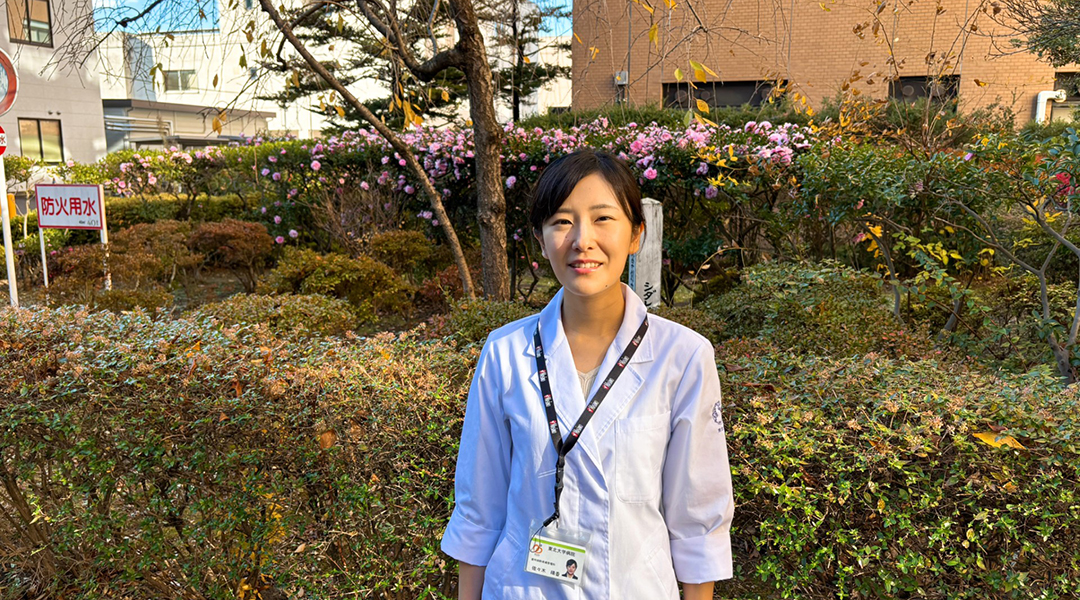
Haruka Sasaki is researching how melatonin impacts asthma to create new treatments for life-threatening nocturnal attacks.
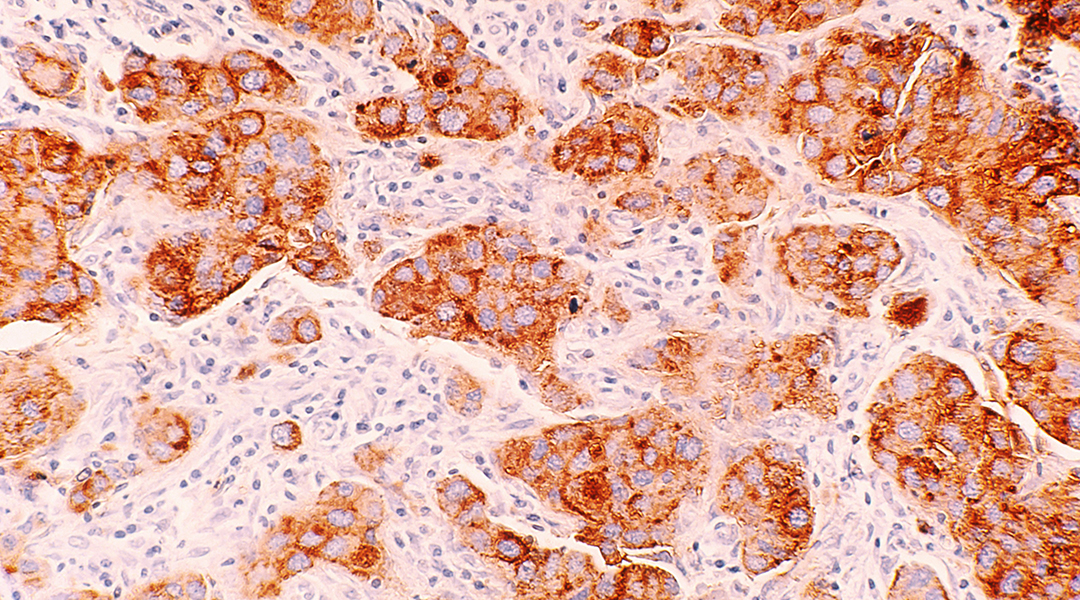
A new study reveals that lacidipine, a common antihypertensive medication, slows tumor growth in triple-negative breast cancer.

The protein helps convert white fat tissue into calorie-burning beige fat, providing a potential target for weight loss and obesity treatments.